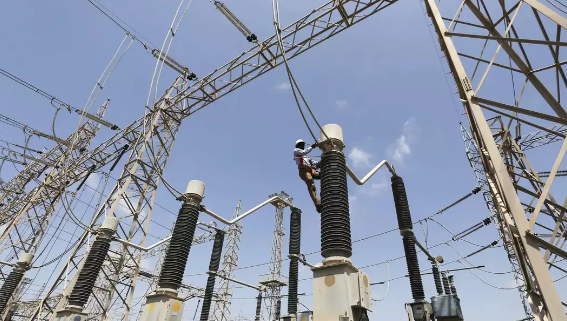India Amends Power Export Rules Amid Bangladesh Electricity Supply Concerns
India made changes to its rules about exporting electricity to other countries, in August 2024. These changes were made to protect Indian companies from political risks in countries like Bangladesh. The new rules allow Indian power companies to bring the electricity back to India if there are delays in payments from the countries they supply. One of the companies affected by this is Adani Power, which runs a power plant in Godda, Jharkhand, that sends all its electricity to Bangladesh. Despite these changes, Adani Power has assured that it will continue to meet its commitments to Bangladesh.
What is the Godda Project?
Adani Power runs a very large power plant in Godda, Jharkhand, that can produce 1,496 megawatts (MW) of electricity. This entire amount of electricity is sent to Bangladesh. The project began in 2017 when Adani Power signed a 25-year agreement with the Bangladesh Power Development Board (BPDB). This agreement, called a Power Purchase Agreement (PPA), marked India’s first project that sends electricity across borders to another country.
Goals and Benefits of the Godda Project
The main goal of the Godda project is to help Bangladesh improve its electricity supply. It does this by providing cheaper electricity generated from coal, replacing the more expensive electricity made from liquid fuels. In June 2023, Bangladesh could produce a total of 24,911 MW of electricity, and the Godda plant contributed about 6% of this with its 1,496 MW.
Criticism and Concerns
The Godda project has faced some criticism. One issue is that the coal used at the Godda plant is imported from a mine in Australia, which makes the electricity more expensive for Bangladesh. Bangladeshi officials have said that the cost of coal under the PPA is too high. There are also concerns about the high costs of maintaining the plant and its capacity, which adds to the overall expense.
Why Does Bangladesh Need to Import Power?
Although Bangladesh has expanded access to electricity for its people, the country still struggles with problems in getting enough fuel to run its power plants. This has led to many power plants being underused. By June 2023, Bangladesh had a total power generation capacity of 28,098 MW, but about 11,621 MW of this capacity was not being used because of financial and logistical problems.
What Do These Changes Mean?
The new rules in India give power companies more options, reducing their reliance on selling electricity to other countries when there are payment issues. While these changes might cause some short-term disruptions in the supply of electricity to Bangladesh, experts believe that Bangladesh’s long-term energy plans won’t be greatly affected.
Month: Current Affairs - August, 2024
Category: Legal & Constitution Current Affairs







